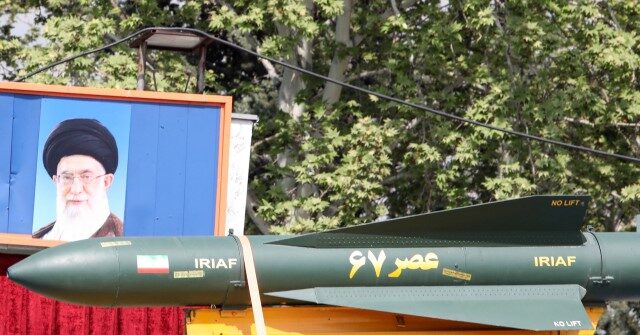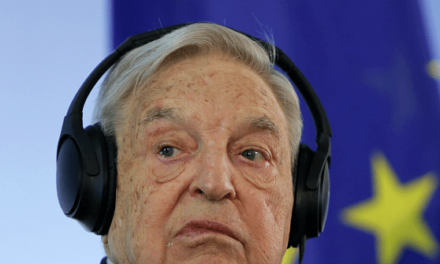We support our Publishers and Content Creators. You can view this story on their website by CLICKING HERE.

On Friday’s broadcast of MSNBC’s “The ReidOut,” MSNBC host Ayman Mohyeldin stated that, during its first missile attack against Israel, “it was almost while those missiles were in the air that Iran had signaled to the Israelis and the international community that they did not seek any further escalation.” But they did ramp things up in their second attack on Israel.
Host Joy Reid asked, “We know there’s been a change of government in Iran. What would be the assessment of that government? I think the previous government we might have thought might have been more reactive. But what do we think in terms of the current leadership in Iran and their propensity to react in a way that might be even more escalatory?”
Mohyeldin answered, “Well, the initial statements from Iran, not following this strike, but following the previous strike, as the situation had been increasingly tense between Israel and Iran was that Iran was going to respond to any attacks that Israel might have carried out against Iranian territory. They have been very clear that they were going to respond in whatever capacity they saw fit. One of the points, as was mentioned earlier, was whether or not Israel was going to target critical elements of the Iranian regime, infrastructure elements that include oil refineries, a major source of revenue and income for the state, whether they were going after senior command and control structures within the Iranian government and the Iranian military, or if they were going to go after Iran’s nuclear sites, nuclear facilities. All of those were already on the table, so to speak, in the last couple of weeks, … various assessments or analysis suggested Israel might target those. However, Iran had said, regardless of what the strike was, it was going to respond.”
He continued, “Whether or not Iran responds right now, as we have seen in the past, with the ballistic missiles — and if you kind of go back to the previous two rounds of exchanges, if you will, there was the initial exchange when Israel killed a senior Iranian Revolutionary commander inside Syria by targeting the Iranian consulate there in Damascus, what ended up happening was Iran gave a significant heads-up to allies in the region, as well as international mediators, saying that they were going to respond, and they did. But it was almost while those missiles were in the air that Iran had signaled to the Israelis and the international community that they did not seek any further escalation. The second time around, following the killing of Ismail Haniyeh and following the killing of Hassan Nasrallah, the leader of Hezbollah, Iran’s response was much more robust. It included hundreds of ballistic missiles that were fired into Israel, some of them landing inside Israel, not just intercepted by Iron Dome or David’s Sling or other air defense systems that Israel has. And so, Iran had signaled to the Israelis that it was prepared to escalate should there be a third round, and, tonight, we have now seen this third round in which Israel has carried out its strikes. Obviously, both sides are saying that they are retaliating to the other side. But, in this case, we’ll all see what Iran decides to do, if it’s to escalate or not.”
Follow Ian Hanchett on Twitter @IanHanchett

 Conservative
Conservative  Search
Search Trending
Trending Current News
Current News 







